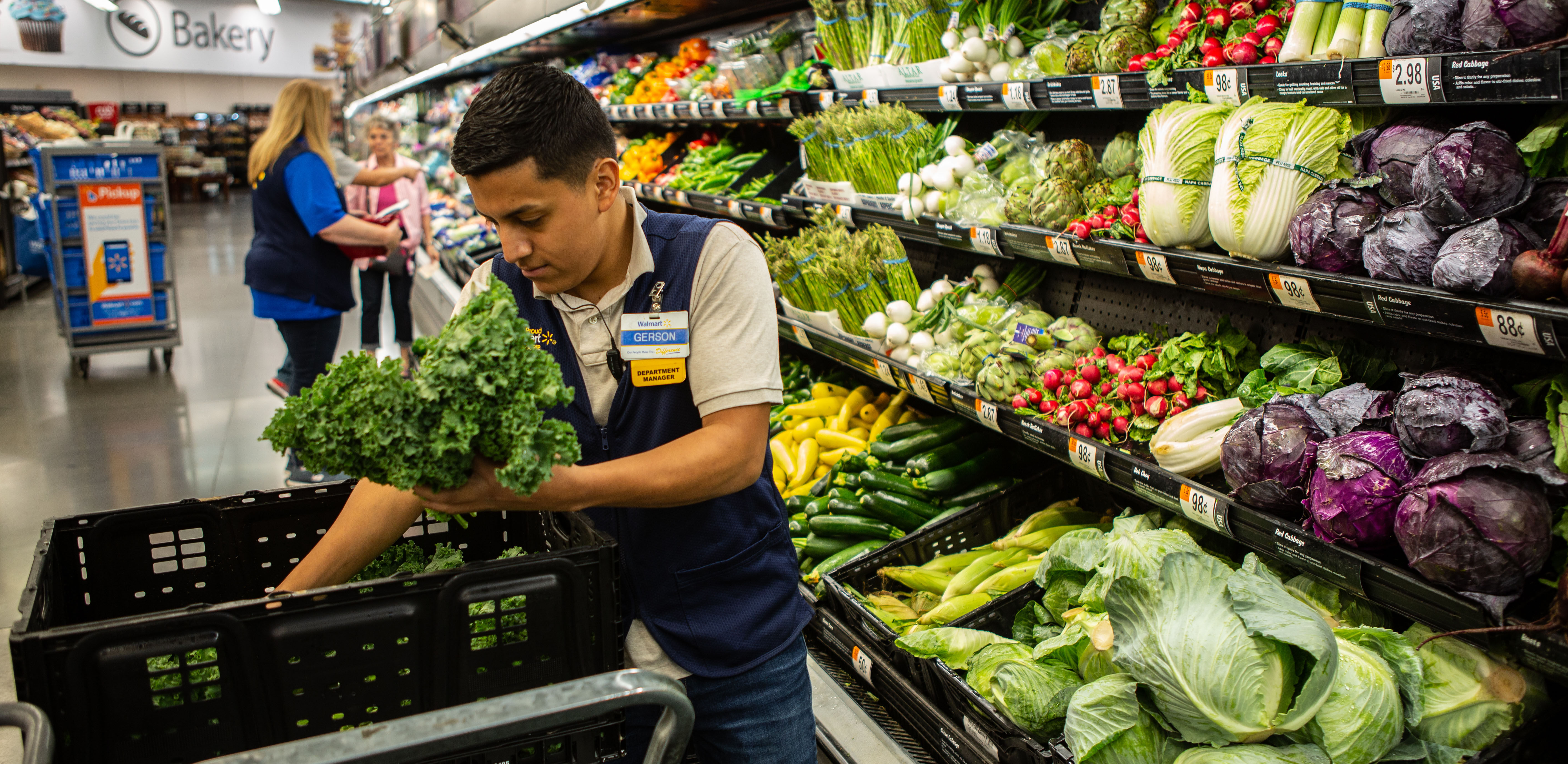Audits, Certifications and Testing

Doing business with Walmart requires making your products, facilities, and records available for audits, inspections, and tests. You must obtain required audits, inspections, and tests in accordance with Walmart policy and provide the results to Walmart, collaborating with Walmart to resolve any issues. Depending on your product, you may be required to obtain a combination of the following audits.
Food Safety
At Walmart, food safety is more than a priority or a regulatory requirement, it’s part of our culture. Providing safe and affordable food to our customers and members is one of the reasons we continue to be successful in an increasingly competitive environment. As leaders in the retail food business, maintaining a progressive and effective food safety supply chain is a critical part of our continued success.
Learn more about food safety.
Product Safety
As a supplier to Walmart, we expect you to be our partner in delivering products that meet our commitment. One way we do this is by requiring our suppliers to meet all applicable federal, state, and local laws and Walmart-specific requirements for all items offered for sale.
Additionally, we expect our private brand suppliers to hold their supply chains to the same rigorous standards to which we hold you.
Learn more about product safety.
Responsible Sourcing
Suppliers are responsible for disclosing and scheduling audits for all facilities within Walmart’s disclosure and audit scope. If Walmart discovers a supplier producing merchandise in or subcontracting to an unauthorized facility, the supplier may become ineligible to do business with Walmart.
View the disclosure requirements.
Suppliers have primary responsibility for monitoring compliance throughout their supply chains and correcting non-compliances, including in facilities producing product for Walmart. Walmart takes a risk-based approach to auditing suppliers’ facilities, which requires suppliers with higher-risk facilities (facilities located in countries with greater potential risks and supplying direct import merchandise to Walmart) to submit audits to Walmart on a more frequent basis. Suppliers required to submit an audit must work with an eligible program, follow the program’s directions to schedule an audit, and send the completed audit report to Walmart.
Walmart assesses the findings in each facility audit report submitted to Walmart against our Standards for Suppliers. Non-compliances and failure to remediate may result in consequences, up to and including termination of the supplier’s business relationship with Walmart and/or a facility’s ability to produce goods for sale at Walmart. Walmart reserves the right to audit or inspect a supplier’s facility at any time.
View the audit and assessment requirements.
We expect suppliers to understand potential risks for the geographies and industries in which they operate. To help mitigate risk, Walmart provides tools and resources to suppliers.
Learn more about responsible sourcing.
Supply Chain Security
Suppliers must satisfy all applicable facets of Walmart’s Supply Chain Security program. Suppliers shall have and execute reasonable processes to provide the safe and secure manufacture and shipment of Merchandise.
Suppliers must comply with Walmart’s Standards for Suppliers, which, among other things, require suppliers to ensure that Merchandise is transported safely and securely. Suppliers providing Merchandise to Walmart, where Walmart is the importer of record, are required to satisfy these expectations through Walmart’s Supply Chain Security (SCS) program. This SCS program generally requires suppliers to disclose applicable facilities, schedule audits of said facilities, and provide the reports of those audits to Walmart.
Suppliers have primary responsibility for monitoring SCS compliance throughout their supply chains and correcting non-compliance, including in facilities producing Merchandise for purchase by Walmart. Walmart’s SCS program takes a risk-based approach to auditing suppliers’ facilities, which requires suppliers with higher-risk facilities (e.g., for facilities located in regions with greater potential supply-chain risks) to submit audits to Walmart on a more frequent basis.
- Suppliers required to submit an audit must choose one of the acceptable options to meet Walmart’s audit requirements and provide information to Walmart when requested.
- Walmart will review the information provided and communicate with suppliers regarding the results.
- Failure to comply with above or remediate identified non-compliances may result in consequences, up to and including termination of the supplier’s business relationship with Walmart and/or a facility’s ability to produce goods for sale at Walmart.
- Walmart reserves the right to audit or inspect a supplier’s facility—or the facilities where goods it is selling are made—at any time.
Learn more about supply chain security.


